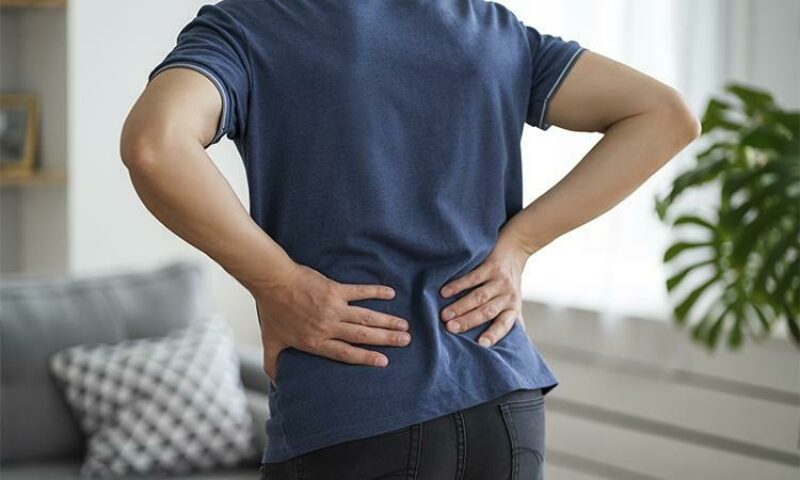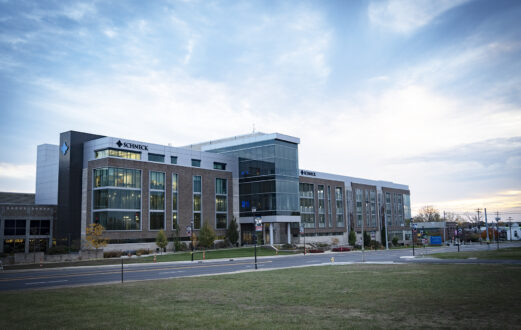What Are Kidney Stones?
Kidney stones are solid deposits of minerals and salts that form in the kidneys due to factors like diet and medical conditions. They can vary in size and cause intense pain when they move from the kidneys to the urinary tract. Timely recognition and proper management can prevent permanent damage. Treatment options range from pain medication and hydration to surgery if complications arise. Our experienced healthcare professionals at Schneck are here to provide guidance, support, and preventive measures to help you effectively manage kidney stone concerns.
How to Prevent Kidney Stones
Staying hydrated is key to preventing kidney stones. By drinking enough water, you can keep your urine diluted and reduce the chances of stone formation. To further lower your risk, it's important to limit foods that are high in protein, sugar, and sodium. Excessive salt intake can affect the calcium filtration in your kidneys, increasing the likelihood of developing kidney stones. If you have a family history of kidney stones, your chances of experiencing them are higher. It's advisable to consult with your doctor about preventive measures and potential treatments, which may involve diuretic medication. Schneck’s healthcare professionals can help you prevent kidney stones and maintain your overall kidney health.
What Should I Do if I Think I Have Kidney Stones?
If you suspect you have a kidney stone, take action. Look out for early signs like discolored urine and increased urination frequency. Symptoms may worsen if the stone gets stuck in the ureters, causing severe pain that radiates to the abdomen and groin. If the pain becomes unbearable or is accompanied by nausea, vomiting, fever, or chills, seek immediate medical attention. Remember, we're here to provide the care you need during this challenging time.
Treatment Options at Schneck
When it comes to treating kidney stones, there are various options available to suit your specific needs. For smaller stones, increasing fluid intake and pain management can often help them pass naturally. However, if the stones are larger or causing severe symptoms, surgical intervention may be necessary. Our dedicated team is here to guide you through your treatment journey.







